ADEC's 2026 Conference
Pre-Conference Specialty Workshops
In-Person Only
March 4, 2026
ADEC offers a selection of Specialty Workshops on a variety of topics related to the field of thanatology. These specially designed courses provide an in-depth look at the topics and issues of greatest importance in grief and bereavement.
Full Day: 9:00am - 4:45pm ET
Wednesday, March 4, 2026 In-Person Only
Working with Trauma & Loss (Optional 6 CEs)
This pre-conference workshop will present material relevant for working with bereaved clients and for clients who are traumatized. The learning objectives include understanding issues pertaining to trauma and loss, applying such information to cases, and identifying when a referral is necessary. Templates for examining cases in terms of trauma and loss will be developed. Issues central to making referrals when cases exceed counselor skills will be examined. Participants are encouraged to bring information about one or more cases to discuss in both small groups and with all the members of the workshop.
Presentation Level:
Intermediate.
Learning Objectives:
- To identify indicators of loss and indicators of trauma in clients.
- To apply material, including appropriate interventions, and evaluate outcomes.
- To assess when referring a traumatized client is necessary.
About the Presenters:
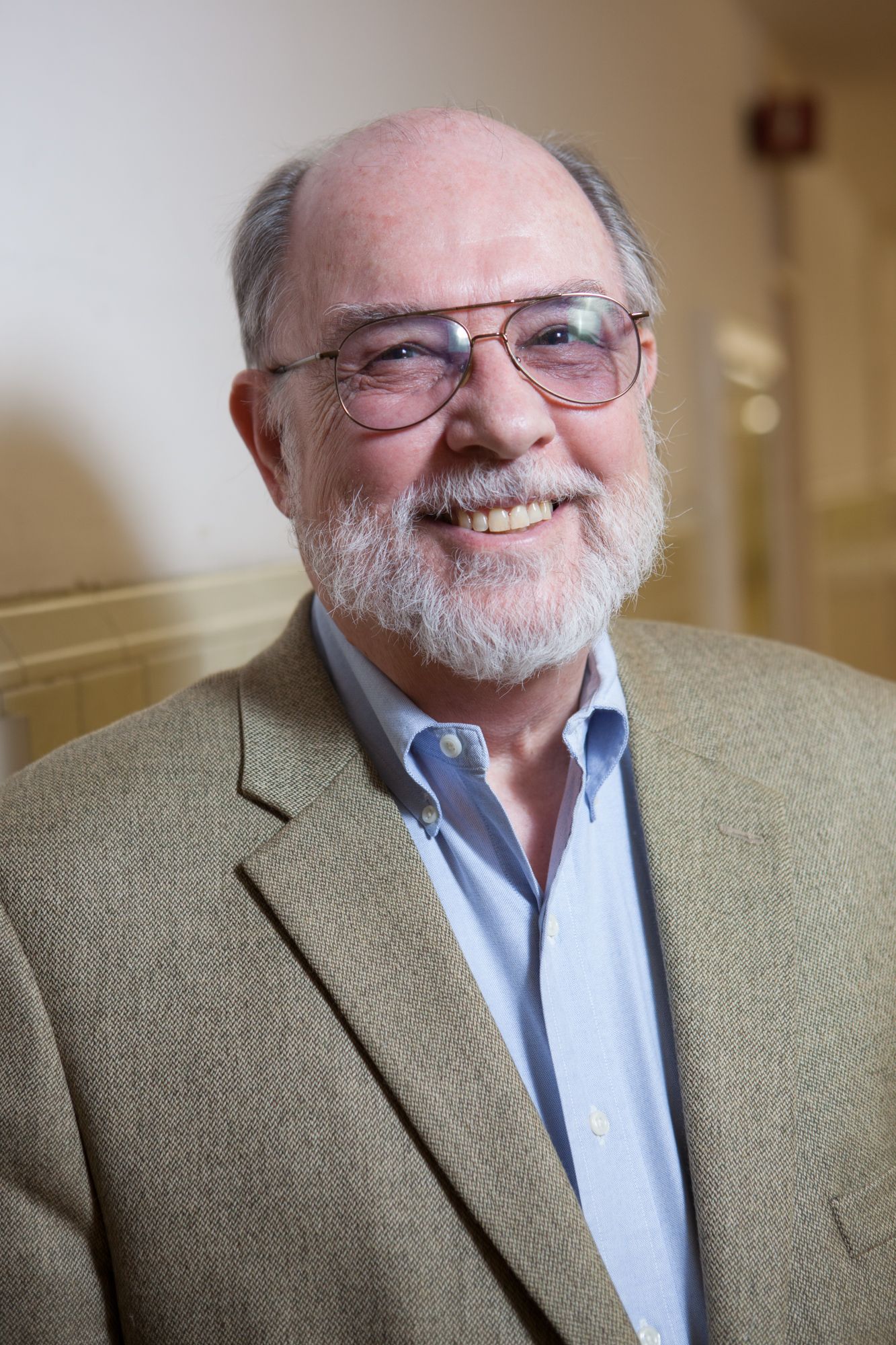
David E. Balk, PhD, Professor Emeritus at Brooklyn College, has examined adolescent bereavement over sibling death as well as bereavement and college students. His publications include Helping the Bereaved College Student (Springer Publishing, 2011), Dealing with Dying, Death, and Grief during Adolescence (Routledge, 2014), the first two editions of Handbook of Thanatology (Routledge, 2007 and 2013), Living, Dying, Death, and Bereavement: Conversations with Thanatologists (Cambridge Scholars, 2020), and A Professional’s Guide to Understanding Trauma and Loss (Cambridge Scholars, 2023). ADEC honored him with its Lifetime Achievement Award in 2025.
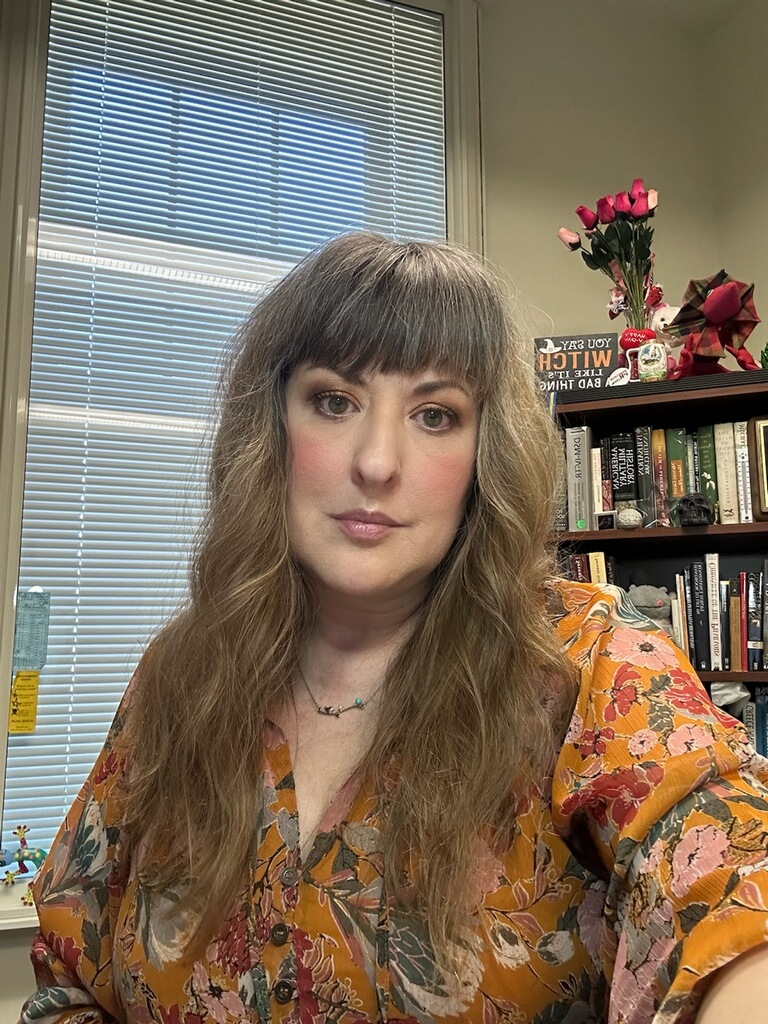
Janet R. Balk, MS, is Director of Ft. Riley Military Academic Programs for Barton Community College. She has developed and taught college courses on Death and Dying, and the Psychology of Serial Killers and Violent Crime, as well as American History and Western Civilization. For Brooklyn College, she developed and taught an online version of a general education course titled “Human Encounters with Death and Bereavement.” Her publications include two entries in the 2009 Sage publication Encyclopedia of Death & the Human Experience. She is co-editor of A Professional’s Guide to Understanding Trauma and Loss. Barton Community College recognized her in 2022 with its Distinguished Instructor Award.
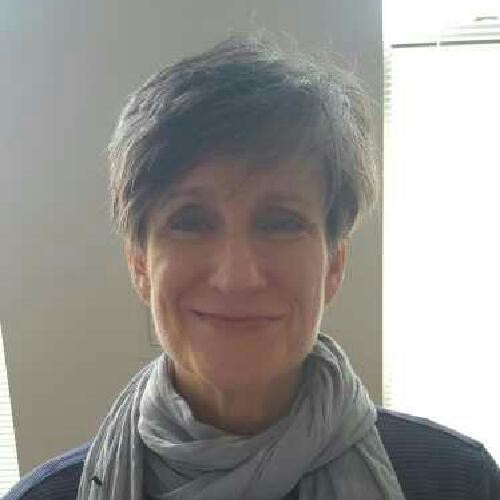
Debra Oryzysyn, MA, is a bereavement counselor who works for VNS Health Hospice Care of New York City. She also is an Adjunct Lecturer at Brooklyn College where she teaches such courses as Human Encounters with Death & Bereavement, Trauma and Traumatic Grief, Bereavement, Thanatological Counseling, and Health Counseling. Prior to her work for VNS, she was program manager and sign language interpreter in St. Vincent’s Hospital Program for Services to Deaf Patients. She has contributed several book reviews to Death Studies.

Half Day AM: 9:00am - 12:15pm ET
Wednesday, March 4, 2026, In-Person Only
BeFriending Grief: Re-Membering, Ritual, and Conjuring Our Way to Resurrection (Optional 3 CEs)
Grief is more than sorrow—it is a portal. This workshop reframes grief as a sacred companion and creative threshold through which individuals and communities may re-imagine, re-create, and conjure aliveness after rupture. Drawing from process theology, African and Indigenous ritual teachings, and contemporary grief theory, participants will explore grief at micro (personal), mezzo (communal), and macro (institutional) levels. Through embodied practice, ritual, and dialogue, participants will learn to befriend grief as a guide toward transformation. Attendees will leave with tools for cultivating resilience, justice, and life-affirming futures (new worlds) through grief’s generative power.
Presentation Level:
Intermediate.
Learning Objectives:
- Reframe grief as a dynamic portal of change (resonant with Butler’s “God is Change”) and identify how this reframing opens possibilities for re-imagining, re-creation, and conjuring aliveness.
- Demonstrate at least two embodied or ritual practices (influenced by African and Indigenous teachings, process theology, and grief scholarship) for befriending grief at personal and communal levels.
- Apply the Re-Membering Process® to assess and support grief at micro, mezzo, and macro levels, integrating justice-centered and trauma-informed approaches into professional practice.
- Evaluate how befriended grief can catalyze justice, resilience, and life-affirming futures in communities and systems.
About the Presenter:
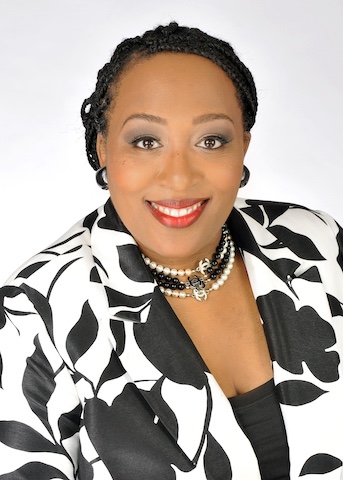
Jamie Eaddy, DMin, FT is a thanatologist and pastoral theologian whose work integrates process theology, ritual, and justice-centered care. She earned her Doctor of Ministry degree from Colgate Rochester Crozer Divinity School, where her research centered on grief and liberative pastoral practice. She now serves as Director of Counseling & Wellness Services at the Anti-Violence Partnership of Philadelphia, developing grief-informed, trauma-responsive programs for survivors of violence and their families. She is also the founder of Thoughtful Transitions and The Ratchet Grief Project®, initiatives that train death doulas, grief companions, clergy, and clinicians to accompany dying and grieving persons with cultural humility and liberative practices.
Dr. Eaddy is a Fellow in Thanatology (ADEC) with more than twenty years of experience in pastoral care, clinical support, and community education. Her forthcoming book, Re-Membering the Self: A Womanist Guide to Grief Care (WIPF & Stock 2026), explores grief as sacred and transformative. She has presented nationally and internationally on grief, trauma, spirituality, and community healing, and her frameworks—including the Re-Membering Process® and Sacred Care as Liberative Praxis—are used in classrooms, congregations, and grassroots settings.
Her work is rooted in the conviction that grief, when befriended, becomes a portal to re-imagining, re-creation, resilience, and the conjuring of life-affirming futures.


Half Day AM: 9:00am - 12:15pm ET
Wednesday, March 4, 2026, In-Person Only
Suicidology 2.0: Holding onto Hope (Optional 3 CEs)
With an implicit understanding that “Postvention is Prevention” this workshop will explore suicide intervention, prevention, and postvention. We begin with a review of how suicide has been viewed by professionals and communities, and what current research and best practices identify as important: that suicide is complex and not easily addressed with solution-focused and linear thinking. The bulk of the workshop focuses on postvention, including bio-psycho-social factors that impact individuals/families after a death by suicide. Through lecture, case study, and interactive discussion we will explore how models and interventions might apply to supporting individuals journeying the path of suicide bereavement.
Presentation Level:
Introductory.
Learning Objectives:
- Identify and discuss theories of clinical approaches to suicide and the implications for clinical support for at-risk individuals.
- Discuss the critical role of psycho-ed and ‘normalizing’ the loss survivor experience.
- Examine the research on grief after suicide among individuals, families, children, and teens.
About the Presenters:
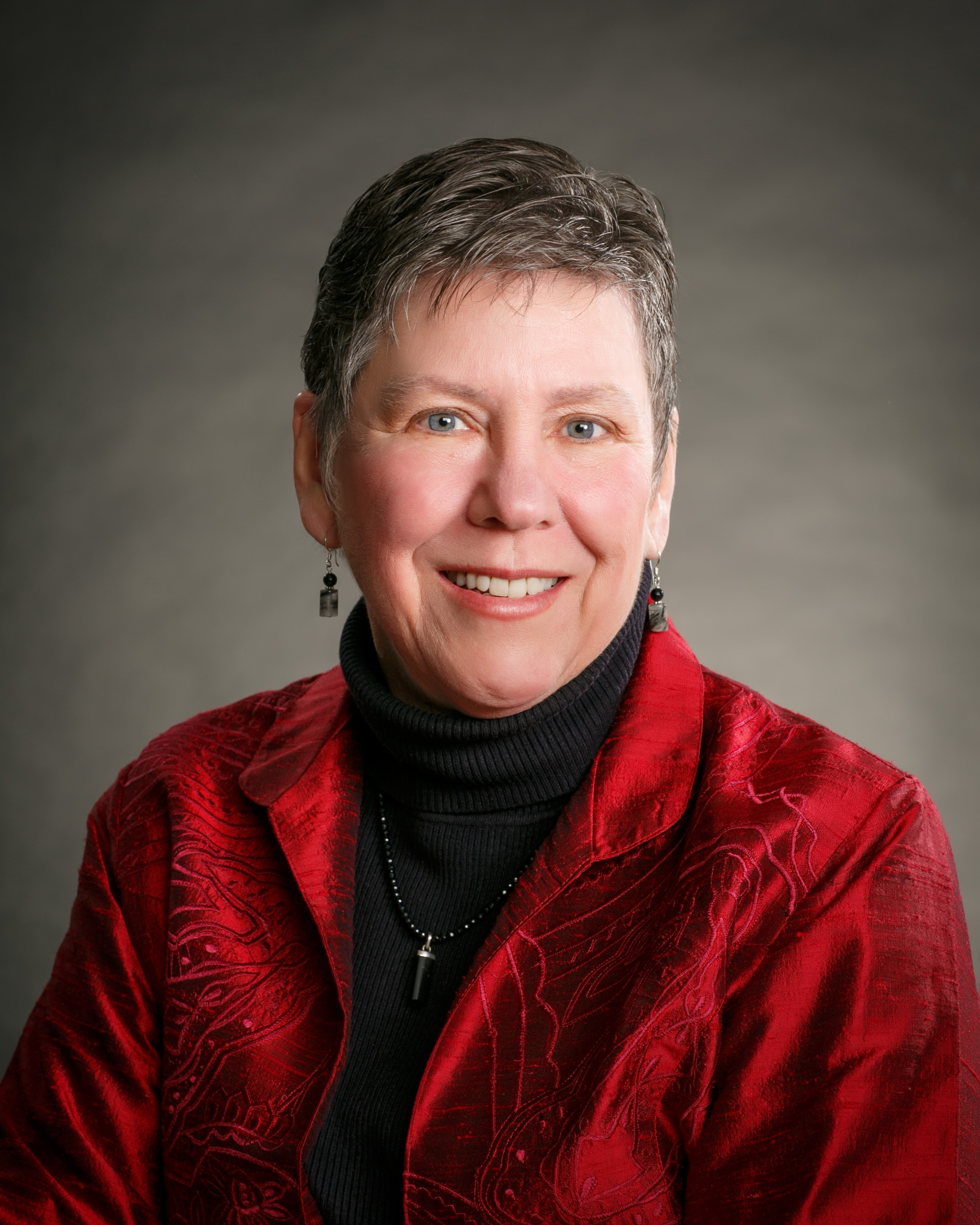
Janet McCord, PhD, FT, has been a graduate level death educator since 2009, educated hundreds of students in 15 countries, and directs the MS in Thanatology program at Edgewood University. She has been a suicidologist for 30 years, and thanatologist for 20. She is past president of ADEC (2017) and served on the ADEC Board from 2011-2018. She received the ADEC 2023 Academic Educator Award. As a member of the International Work Group on Death, Dying and Bereavement, she embraces the IWG’s vision as her own: a world where dying, death, and bereavement are an open part of all cultures.

Rebecca Morse, PhD, is a behavioral and developmental psychologist and thanatologist whose research focuses on individuals with developmental disabilities and severe behavioral disorders. She has taught across multiple universities and colleges in psychology, criminology, traumatology, and thanatology. She is passionate about mentoring students and helping them translate complex concepts into their own early career development. Her excellence in teaching has been recognized with numerous awards, including the ADEC 2024 Academic Educator Award. Her current teaching and research include developmental and behavioral psychology, grief and traumatic loss, and the developmental trajectories of socially-maladaptive behavior.
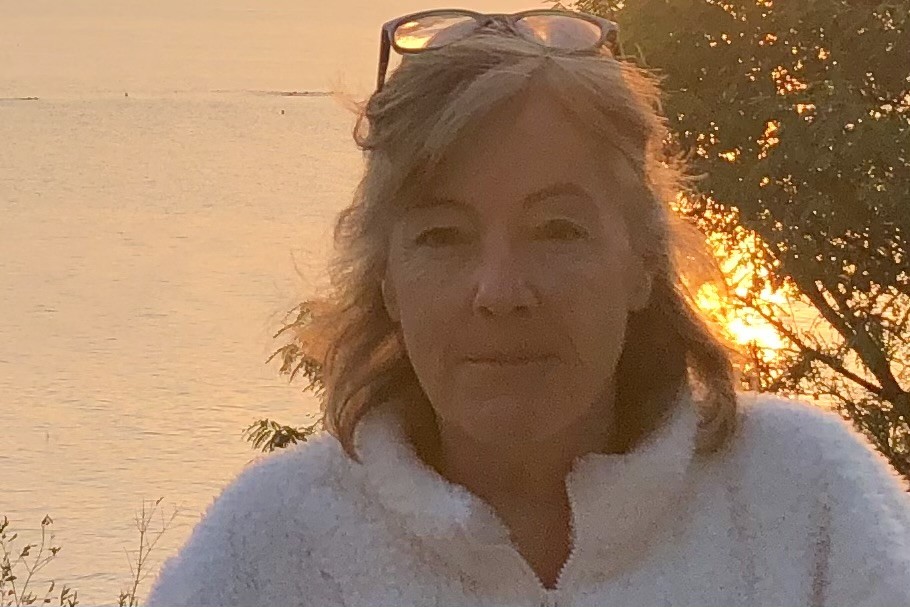
Nancy Moreau Battaglia, MBA, FT, is a member of the College of Registered Psychotherapists of Ontario and the Ontario Association for Mental Health Professionals. A Professional Art Therapist, she olds the Association for Death Education and Counseling credential of Fellow in Thanatology. She is currently Chair of ADEC’s Credentialing Council and an ex-officio Board member of the Association. She is a past Board Member of the Canadian Association for Suicide Prevention and a founding member of its People Impacted by Suicide Working Group. She has been a member of the Conference Planning Committee for the grass-roots Simcoe County Suicide Awareness Conference for 15 years.


Half Day PM: 1:30pm - 4:45pm ET
Wednesday, March 4, 2026, In-Person Only
Challenges of Another Level: Supporting Children and Teens after Suicide (Optional 3 CEs)
When death impacts the life of a child or teen, caring adults can often feel at a loss for words to support understanding and for finding effective support for grieving and a healthy adjustment. When the death is a suicide, these challenges become even more intense. In this experiential workshop, the complexities of helping children and teens understand a death by suicide and respond constructively to the questions and issues often present after a suicide will be explored. Best practices for communication and support will be both presented and solicited in a spirit of mutual learning.
Presentation Level:
Intermediate.
Learning Objectives:
- Describe the grief and loss experience of children and teens who have been impacted by the death of someone in their life due to suicide.
- Discuss societal stigmas and their impact on bereaved children and teens.
- List practical tips and tools for supporting grieving children and teens affected by a suicide death.
- Identify best practices for supporting bereaved youth after a death due to suicide.
About the Presenters:
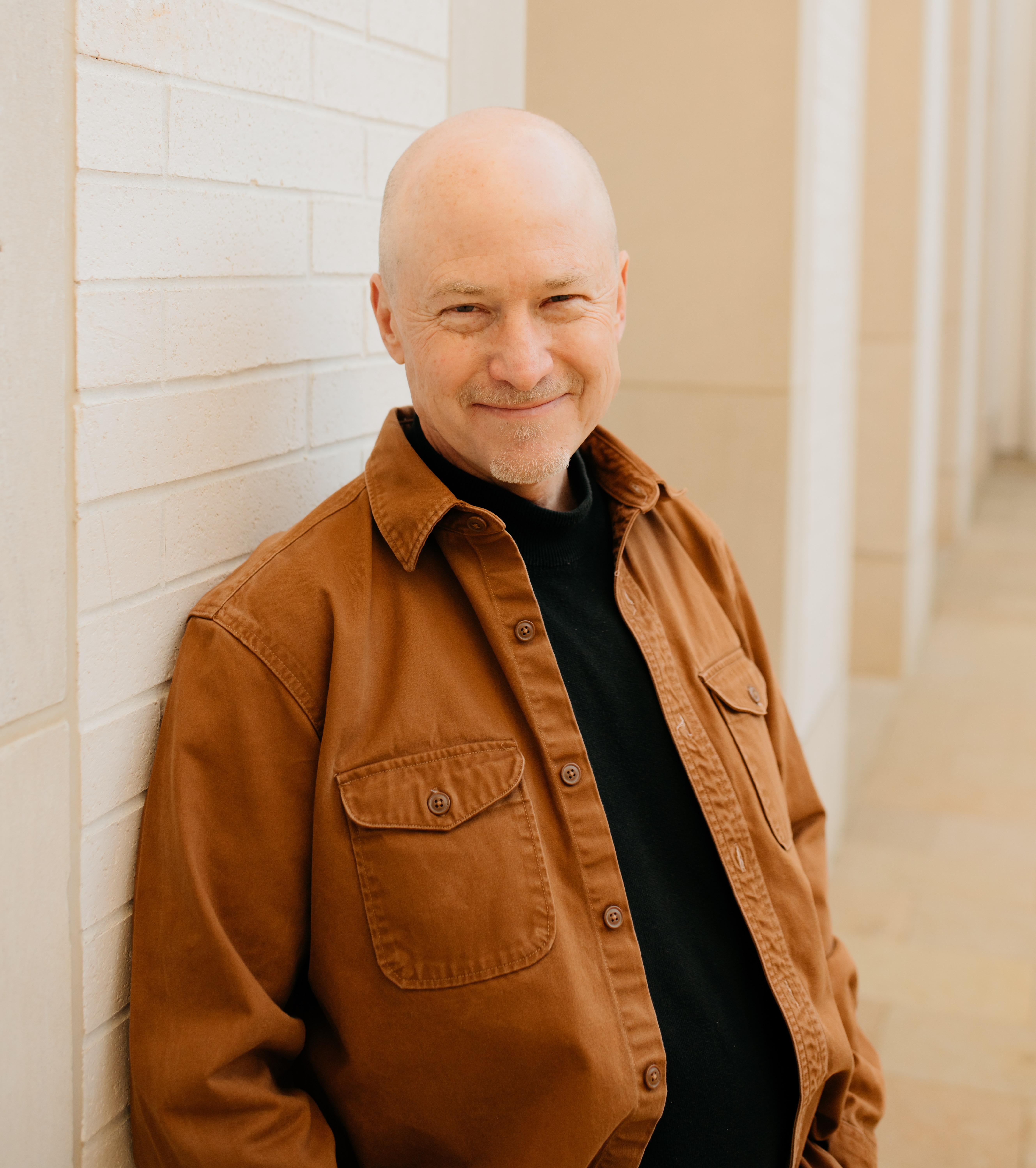
Greg Adams, LCSW, FT, is Program Coordinator for the Center for Good Mourning and Staff Bereavement Support at Arkansas Children’s Hospital (ACH). Greg has worked at ACH in a variety of roles and areas, including pediatric oncology and palliative care, since 1991. He is an adjunct professor with the University of Arkansas-Little Rock and has been an active volunteer with community and professional organizations. He is also author of Adam Gets Back in the Game, a children’s storybook about coping with grief and loss.
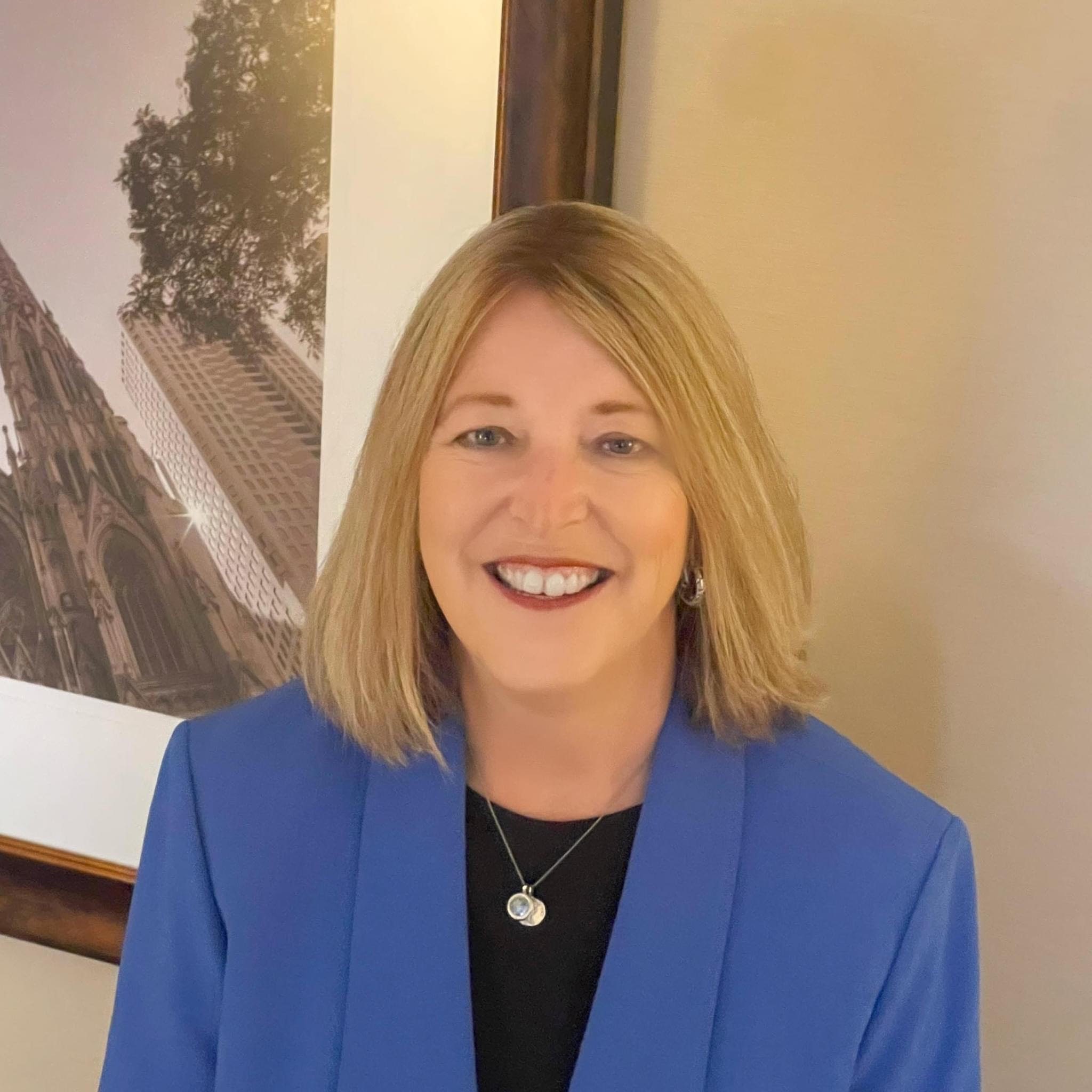
Pamela Gabbay, EdD, FT, is an author and trainer who has served the bereavement field in many capacities during her career. Dr. Gabbay is part of the Youth Programs team at TAPS - The Tragedy Assistance Program for Survivors, and a member of the TAPS Advisory Board. Additionally, she is a National Trainer for the American Foundation for Suicide Prevention (AFSP) and is a co-author of Understanding and Supporting Bereaved Children: A Practical Guide for Professionals. Previously, she served as the Director of The Mourning Star Center for Grieving Children and as the Camp Director for Camp Erin-Palm Springs. Additionally, she served on the Board of Directors of the National Alliance for Children’s Grief (NACG).


Half Day PM: 1:30pm - 4:45pm ET
Wednesday, March 4, 2026, In-Person Only
Meaning-Centered Grief Therapy (Optional 3 CEs)
A significant loss commonly challenges a griever’s sense of purpose, meaning, and identity as well as adaptive meaning-making processes. These challenges sometimes contribute to and are even indicative of prolonged, debilitating grief reactions. Grief experts have therefore long-argued the value of focusing on “meaning” in therapeutic pursuits. This workshop will provide an overview of a manualized therapeutic approach, Meaning-Centered Grief Therapy (MCGT), and its core principles. Drawing on research of MCGT with bereaved parents, examples of exercises that may facilitate meaning-making processes and may enhance a sense of meaning will be described, with opportunities for discussion of applications of MCGT.
Presentation Level:
Intermediate.
Learning Objectives:
- Identify meaning-making challenges that grieving individuals commonly face.
- Describe Meaning-Centered Grief Therapy and its core principles.
- Discuss exercises that may facilitate adaptive meaning-making and enhance the griever’s sense of meaning.
About the Presenter:

Wendy Lichtenthal, PhD, FT, is Founding Director of the Center for the Advancement of Bereavement Care at Sylvester Comprehensive Cancer Center and Professor in the Department of Public Health Sciences, Division of Prevention Science and Community Health at the University of Miami Miller School of Medicine. She is a licensed clinical psychologist and has worked as a grief specialist and psycho-oncologist for over 25 years. Since 2005, she has been at Memorial Sloan Kettering Cancer Center (MSK), where she was Founding Director of the Bereavement Clinic and where she now serves as Consultant Faculty. She was a recipient of the 2012 International Psycho-Oncology Society Kawano New Investigator Award, the 2019 Association for Death Education and Counseling (ADEC) Research Recognition Award, and the 2023 American Psychosocial Oncology Society (APOS) Outstanding Clinical Care Award. She is a Fellow in Thanatology and was elected to the ADEC Board of Directors in 2023 and to the APOS Fellowship in 2024. Funded by the National Institutes Health, American Cancer Society, Martell Foundation, American Foundation for Suicide Prevention, and the Health Foundation of South Florida, her research focuses on grief and bereavement, intervention development and evaluation, and finding meaning in the face of adversity.



You must login to your Member Profile for your discounted Membership Rates to Apply
You're not a Member and want to join? Click here for more info
*ADEC reserves the right to cancel any specialty workshop that does not attain minimum registration numbers. Registrants in a cancelled course will be informed and given the option to choose another session or receive a refund.














